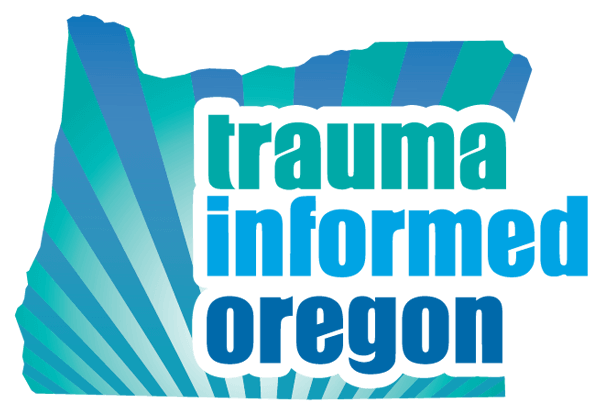Blog
 Assessing Behavioral and Social Health in Pregnant Women
Assessing Behavioral and Social Health in Pregnant Women

July 31, 2018
From Helen Bellanca, MD, MPH, Associate Medical Director, Health Share of Oregon
The Oregon Family Well-Being Assessment (OFWBA) is a unique tool developed by a committee of the Oregon Perinatal Collaborative. Its purpose is to address the widespread need for behavioral health and social supports among women seeking maternity care. Several maternity providers in our region were noticing an increase in need for specialty mental health consults and substance use treatment among their prenatal patients, and they were unclear how to connect women to those services. In addition, there is a growing housing shortage and persistent issues of food insecurity and domestic violence that were not adequately addressed.
The OFWBA was created with two distinct purposes in mind: (1) to comprehensively assess the behavioral health and social needs of women while they were pregnant and connect them with needed services; and (2) to collect the data in a way that could be aggregated across clinics, clinical systems, communities, and the state. By understanding the extent of these concerns at a population level, clinical systems could build better models of care to meet their unique needs, with strategic investments in resources that are most likely to benefit that population.
The OFWBA has questions in eight domains, with each question having multiple choice answers only. This allows for data aggregation and more accurate comparisons of prevalence across systems. The questions are replicated from validated tools (such as the PHQ-2) whenever they were available. The eight domains and topics they cover are:
- Demographics
- Pregnancy intentions
- Health and social supports
- Emotional health and wellness, including history of ACEs
- Substance Exposure
- Relationship Health
- Other adults and children in the household
- Assets and Resources
While the tool asks about a pregnant woman’s history of ACEs, it is more effective as a tool to prevent ACEs. It is a chance to intervene while the woman is pregnant if she is experiencing domestic violence, mental illness, substance use, and the severe poverty that can lead to child abuse and neglect and adverse experiences. We know what causes ACEs, and we have an opportunity to prevent them from happening.
Currently, the tool is being used by about 17 maternity care clinics in the state, including Providence Women’s Health Clinics, Women’s Healthcare Associates clinics, and several clinics in Yamhill County. While it certainly added to the workload at the clinics to discover and address those social and behavioral health needs, the interventions have made an enormous impact on those women’s lives, likely more than anything else done at the prenatal care visit. Those clinics are finding that families are grateful for connection to needed resources, but more importantly, they are grateful for recognition of the stress in their lives. It has increased their trust and confidence in the health care system, even when resources to address those issues (such as housing) are not available. Supporting women in becoming healthy, effective parents means acknowledging their resiliency in times of stress.
None of our clinics have all the answers about how to effectively address trauma and social risk. However, if we believe that taking care of mothers is the foundation of community health, and we want to truly support families, we must ask the questions first.
For more information, contact Helen Bellanca, MD, MPH, Associate Medical Director, Health Share of Oregon, helen@healthshareoregon.org.
